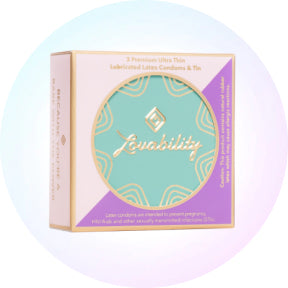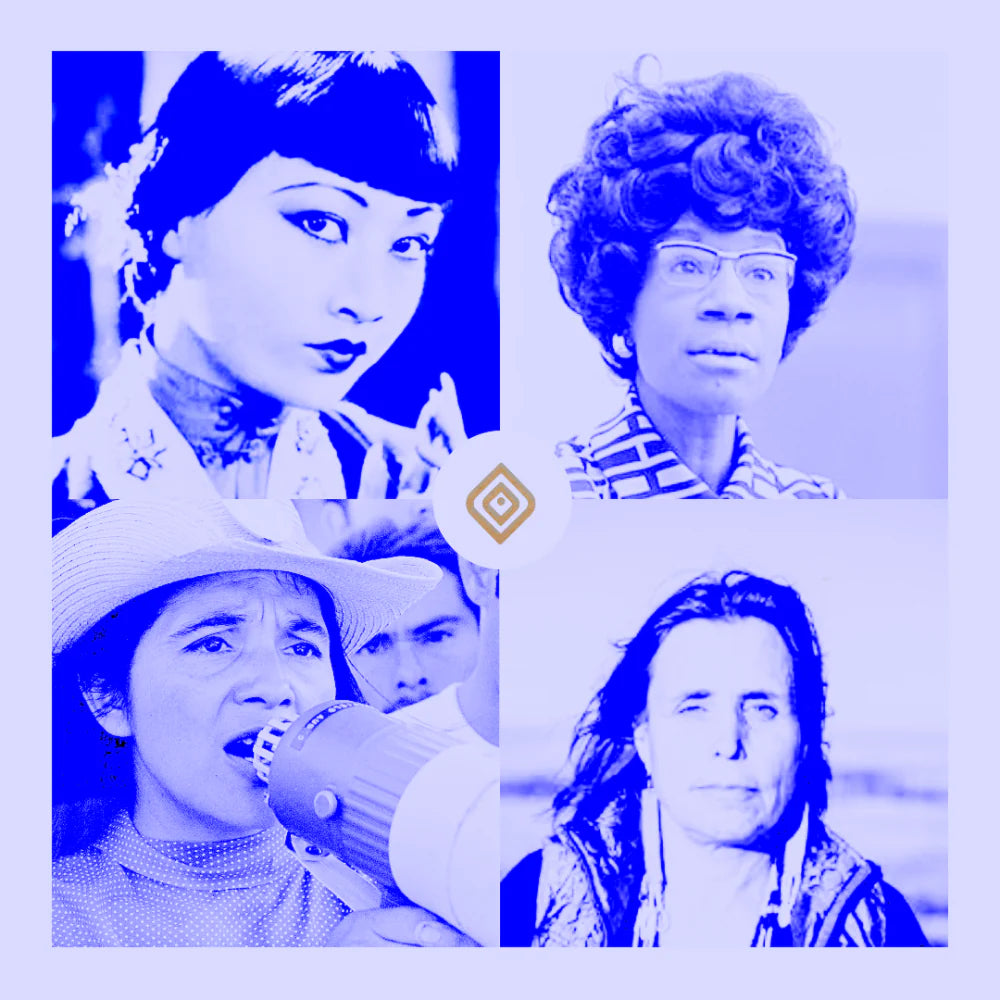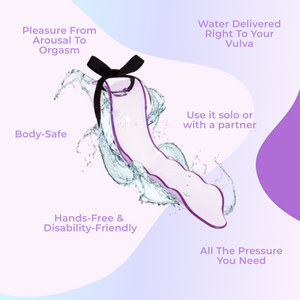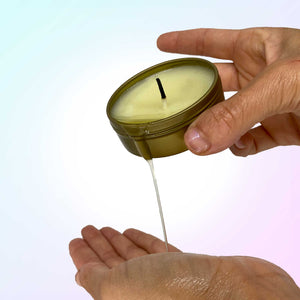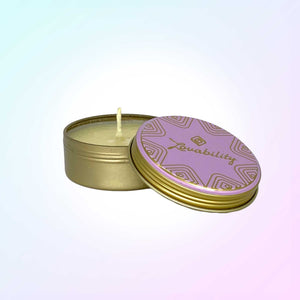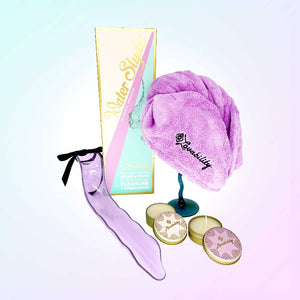I’m sure if I asked you to name as many famous feminist icons as you could off the top of your head, you’d be able to rattle off the names of quite a few prominent figures. It’s great that there are so many culturally significant feminists; but, as for much of history, it’s often the names we don’t know that we find to be equally – if not, more – important as those that history has chosen to record.
So this Women’s Month, I’d like to take a moment to name and celebrate several feminist women of color who have significantly contributed to the advancement of women in America.
Ida B Wells (1862-1931)

A journalist, activist, suffragette, and researcher, Wells devoted her life to battling sexism and racism (which was majorly difficult in her time!).
Wells used investigative journalism to expose the realities of lynching and white mob violence, and confronted both international and white feminist audiences about their silence on these issues. She created the first suffrage organization for black women, the Alpha Suffrage Club of Chicago. She was also a founder of the National Association of Colored Women’s Club which was created so that black women could address issues of suffrage and civil rights.
As was typical — que eyeroll — of the women’s suffrage movement, Wells and her black peers faced open racism from the mainstream white feminist movement. Despite these challenges, she continued to fight for both civil and women’s rights.
Anna May Wong (1905-1961)

The first Chinese-American Hollywood starlet, Anna May Wong won international acclaim for her roles in silent films, television, and the stage – both in the United States and Europe. She was consistently typecast as the “exotic oriental” in an era of stereotypical portrayal of Asian characters — which ultimately leads us to ask: how far have we really come?
Despite being incredibly talented, articulate, and having an impressive work resume complete with big names of the time, Wong was still shackled by a white-washed Hollywood. Most notably, she refused the director’s instruction to use Japanese mannerisms when portraying a Chinese character in the film Dangerous to Know, and she was excluded from the film The Good Earth, a drama about Chinese farmers, in favor of white actors in “yellow-face” (think taped-back squinty ‘Asian’ eyes).
Still, Wong’s legacy lives on as Asian-Americans continue to fight for representation in media. Only recently have films like Crazy Rich Asians come to the forefront – 100 years later!!! In fact, CRA was the first Hollywood film since the 1993 film adaptation of The Joy Luck Club to feature an all-Asian cast.
It’s clear that Anna May Wong’s work as the first Asian American leading lady truly paved the way for representation of Asians in popular media.
Luisa Moreno (1906-1992)

Born in Guatemala, Moreno never gained U.S. citizenship, but her struggle to advance the rights of working women, particularly Latinas in the U.S., has resonated throughout history.
She used her platform as a labor organizer to bring attention to the bad working conditions in canneries, sweatshops, and agricultural fields. She organized and fought to bring awareness to the abuse of Latina workers in these and other industries as well as the wrongful arrest of Mexican Americans, for whom she helped to establish a defence committee. She also became the organizer and founder of the National Congress of Spanish Speaking Peoples in 1938.
Moreno’s work was instrumental in empowering laborers, and she has been credited as playing a large role in the pre-American Labor Movement. Her legacy has given voice to working peoples in the U.S. and continues to impact current activism.
Shirley Chisholm (1924-2005)

Not only was Shirley Chisholm the first African-American woman in Congress (1968), she was also the first woman and African-American to seek the nomination for president from one of the major political parties.
Nicknamed “Fighting Shirley” — how badass!! — Chisholm introduced over 50 pieces of legislation and spent her career championing racial and gender equality, aid for the poor, and ending the Vietnam War. She was a co-founder of the National Women’s Political Caucus in 1971, and was also the first black woman to serve on the House Rules Committee. She also received the Presidential Medal of Freedom posthumously.
Carving a space for a black woman in the US government was no easy task, and Chisholm’s important work paved the way for other women of color in politics.
Yuri Kochiyama (1921-2014)

In 1942, Kochiyama was incarcerated at Camp Jerome in Arkansas as part of the mass Japanese internment by the U.S. government. This experience profoundly impacted her and her later fight for racial justice.
Kochiyama became a prominent activist for the rights of latinx, black, indigenous, and Asian-American communities. In particular, she advocated for the end of the Vietnam War, Puerto Rican independence, the rights of political prisoners, and black liberation. In the 1980’s, she was instrumental in the successful lobbying of the U.S. government to grant reparations and issue a formal apology to Japanese Americans who were interned during WWII.
When questioned about the legacy she wished to leave behind, Kochiyama said simply, “Build bridges, not walls.”
Patsy Takemoto Mink (1927-2002)

Patsy Mink knew she wanted to enter the political arena as soon as Hawaii became a U.S. State in 1959. This decision kick-started her history-making run of political “firsts.”
Aside from being the first Japanese-American to practice law in Hawaii, she became the first woman of color to be elected to the House of Representatives, and was the first Asian-American woman to serve in Congress. She was also the first Asian-American to seek the Democratic nomination for president.
Aside from her trailblazing bad-assery, she worked for women’s rights in education and the workforce, gender and racial equality, and bilingual education. She co-authored and helped pass Title IX, she facilitated the passage of the Women’s Educational Equality Act (WEEA), and helped pass the Early Childhood Education Act.
Dolores Huerta (1930-present)

One of the most influential labor activists of the 20th century, Huerta is perhaps most famous for creating the movement’s famous slogan, “Si, se puede,” which you might remember from — get ready for a nostalgia bomb — this Disney Channel movie.
Co-founder of the United Farm Workers Association, Huerta fought to combat racial and economic injustice. She worked to advance the wages and working conditions of the farmworkers of California – the majority of whom were black, Filipino, Japanese, Chinese, and Mexican. Together with Cesar Chavez, they founded the National Farm Workers Association (NFWA), the predecessor of the United Farm Workers’ Union (UFW). Later in her career, she worked to elect more Latinos and women to political offices.
Tarana Burke (1973-present)

Tarana Burke began her career as an activist working with survivors of sexual violence.
In 2006, Burke founded Just Be Inc., a nonprofit organization whose mission was to aid victims of sexual harassment and assault. The name she gave her movement was “Me Too”, and it would be over a decade before #MeToo became a worldwide message aimed at raising awareness of sexual harassment, abuse, and assault.
A civil right’s activist, Burke’s work for victims of sexual assault created a safe space in which women were able to speak up and fights back against sexual misconduct. Culminating in Hollywood’s Time’s Up movement and #MeToo, her work opened the doors for a new chapter in the modern feminist movement.
When the hashtag took off, many accused white feminists and Hollywood Elite of appropriating the message that Burke, a black woman, had started over a decade ago. Despite the backlash, Burke became a prominent figure in the Time’s Up and #MeToo movements, and was given due credit for her long history of activism and contribution to the community.
Winona LaDuke (1959-present)

As an indigenous land rights activist, environmentalist, economist, politician, and author, LaDuke has spent her career fighting to elevate the voices of Native Americans, protecting Native lands and ways of life.
In 1985 she established the Indigenous Women’s Network, which devoted themselves to increasing the visibility of Native Women and empowering them in political, social, and cultural arenas. She has been recognized around the globe for her activism on behalf of indigenous peoples and cultures.
Patrisse Cullors (1984-present), Alicia Garza (1981-present), and Opal Tometi (1984-present)

You might be a little surprised to know that Black Lives Matter was founded by three women — and that’s okay! Fueled by the murder of Trayvon Martin in 2012, and the following acquittal of his accused murderer, George Zimmerman, these three radical Black organizers began one of the largest civil rights movements since the 1960s and 1970s.
Also outspoken advocates for the rights of black and queer women, the trio pledged to be intentional about halting the replication of harmful practices that have historically excluded others from movements for liberation.
As feminists, as Babes With The Power, as sisters…we owe a lot of our power to the pioneering American women who blazed the trails of feminism for us to follow boldly in their wake. While our fore-mothers all deserve to be celebrated this month, let’s celebrate the historical – or rather, HERstorical – Power Babes of color who shaped modern American feminism.
If we missed any other feminist women of color, please give a shout out in the comments! Keeping the dialogue open and inclusive is what we’re all about at Lovability, and we’d love to hear your thoughts and suggestions!
About The Author, Elizabeth Mason
A recent graduate of UC Berkeley, Elizabeth Mason earned her degree in Gender and Women’s Studies. Currently, she is looking towards graduate school, and hopes to continue to focus her studies on womxn’s health and sexual wellness. Her main interests include identity politics and their relation to issues surrounding womxn’s healthcare and sexual liberation. She looks forward to the day when all womxn are empowered socially, politically, and – most importantly – sexually. She can be found on Instagram @elizabeth.mason.
More Articles You Might Love
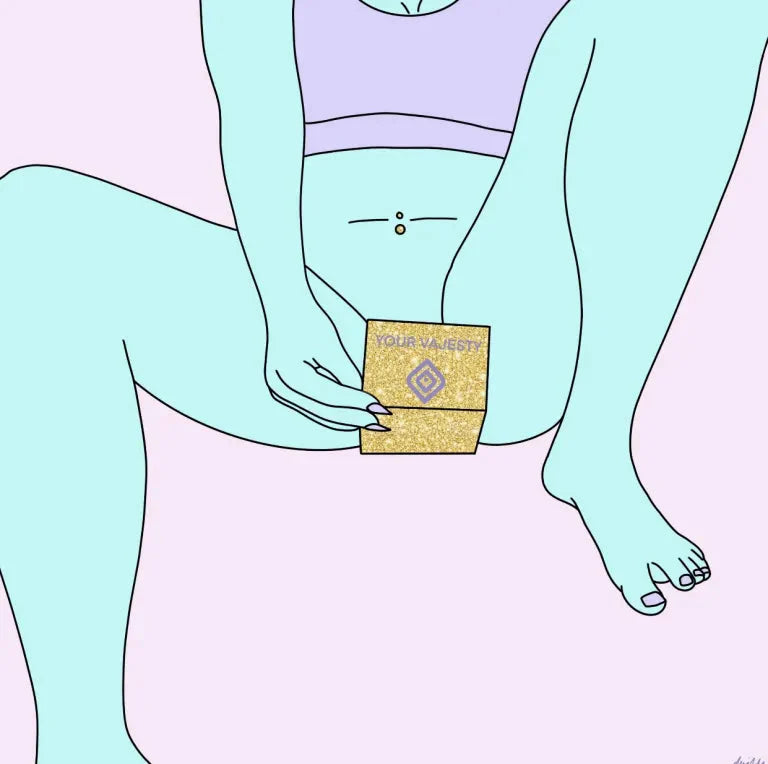
Get To Know Your Vulva



